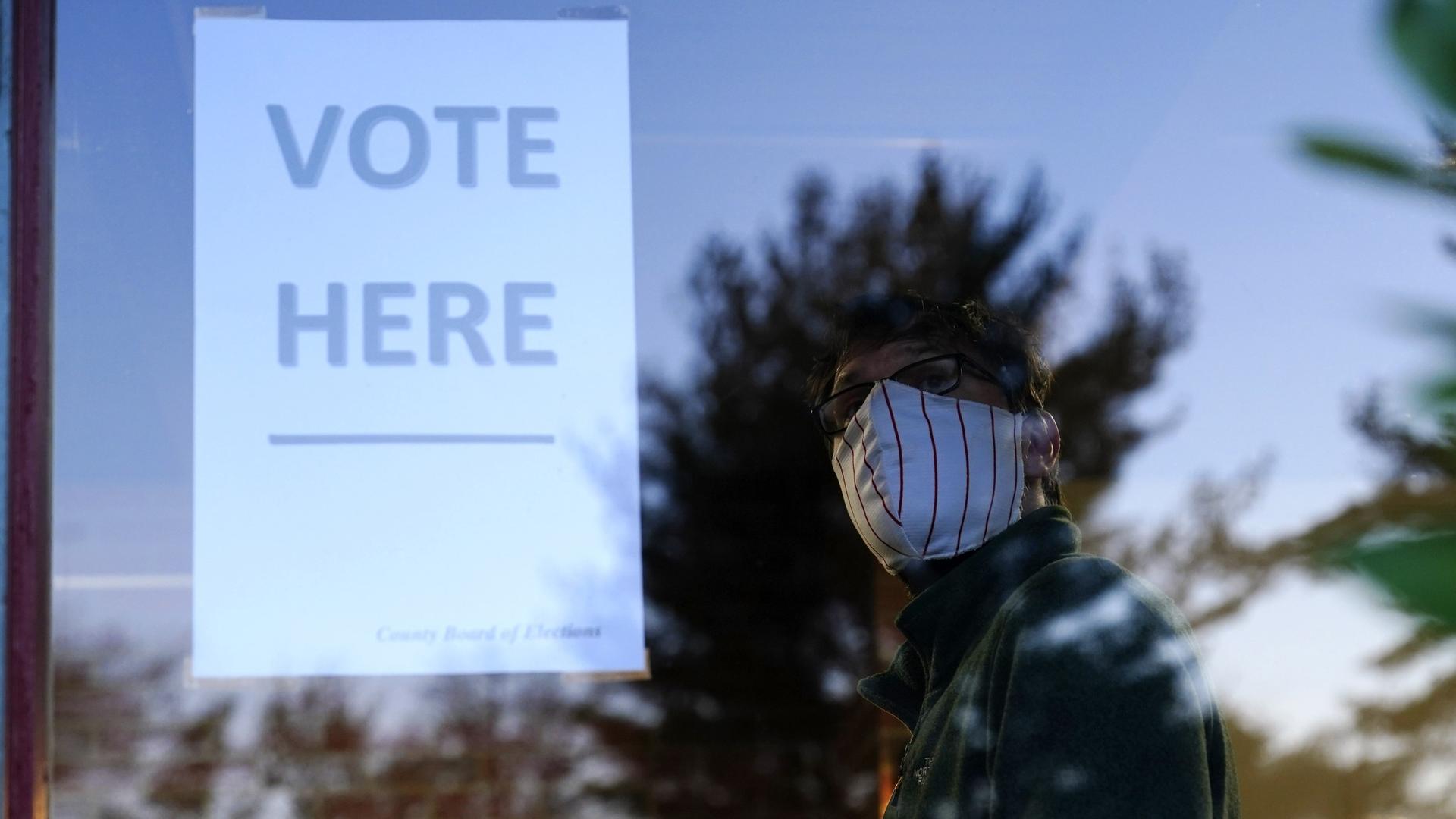How much democracy is too much? Societies have been toying with different democratic models — from how often to hold elections to who gets to vote and what the public can vote on — for centuries. Garett Jones, an economist and former Senate staffer, argues the current setup in the US desperately needs some tinkering.
Jones says the ancient Greeks, who granted brief political mandates and gave some citizens direct input on law, would be shocked by our modern American politics: “you’re letting people have power for six years?” But he believes our retreat from direct democracy has been positive, and that there’s still further to go. In his latest book, “10% Less Democracy: Why You Should Trust Elites A Little More and The Masses a Little Less,” Jones argues that embracing expertise and lengthening congressional terms would make for better politics and more “courageous” politicians.
Three Takeaways:
- While an economic policy advisor and legislative aide to former Senator Orrin Hatch, a Republican from Utah, Jones learned an important lesson: if you’re hoping for politicians to be brave, don’t expect much during an election year. When politicians are waging reelection campaigns, their priorities and voting patterns shift, as base pandering, and worries over their votes being weaponized, loom over legislators’ heads.
- Even legislation widely criticized as being anti-democratic, such as Georgia’s new voting law, is the product of democracy-in-action. Jones, who calls the law “evil,” argues that majoritarian democracy creates tension between the concept of equal justice under the law and what the base wants, which can be in direct opposition to this ideal.
- The Supreme Court is an institution that operates in an “oligarchical” manner — and “thank goodness for that,” Jones says. Lifetime-appointed Supreme Court justices issue major decisions on matters that impact people’s lives, such as abortion access and interracial and same-sex marriage, but are not required to seek support from citizens. Still, Jones argues that democracy can “have its revenge” through legislators’ ability to increase the size of the court.
We want to hear your feedback so we can keep improving our website, theworld.org. Please fill out this quick survey and let us know your thoughts (your answers will be anonymous). Thanks for your time!
